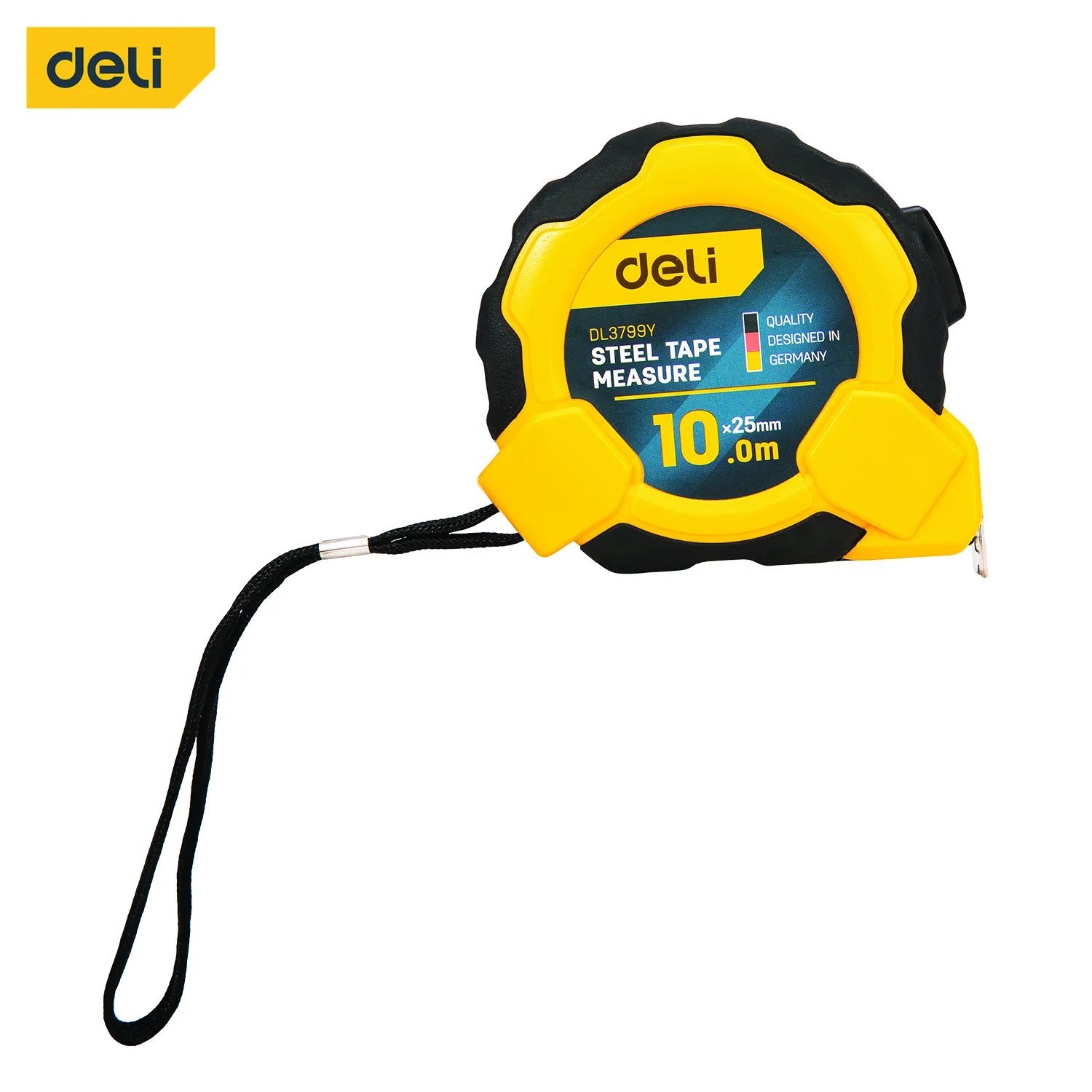In the fast-evolving landscape of industrial technology, precision and efficiency are more critical than ever. Measuring tools have always been a cornerstone of accurate production, engineering, and quality assurance. In 2025, a new generation of innovative measuring tools is redefining how industries operate, boosting productivity, and enabling unprecedented levels of accuracy. From traditional sectors like manufacturing to cutting-edge fields like nanotechnology, these tools are helping businesses maintain a competitive edge.
A measuring tool is more than just a device to determine dimensions or weight. In today’s industries, these tools are integral to process optimization, safety compliance, and quality assurance. Precision measurement ensures products meet strict standards, reduces material waste, and minimizes errors in large-scale production.
One of the most significant advancements in measurement technology is the digitization of calipers and micrometers. Unlike traditional mechanical versions, digital devices offer real-time data readouts, USB connectivity for easy data transfer, and the ability to integrate with manufacturing software. Industries such as automotive and aerospace are benefiting greatly, as these tools reduce human error and increase measurement speed.
Laser-based measuring tools have transformed sectors that require high-precision measurements without physical contact. These tools are commonly used in construction, logistics, and large-scale manufacturing. In 2025, improvements in laser resolution and portability mean that companies can measure distances, angles, and surfaces faster and more accurately than ever before.
3D scanning tools are now an essential part of prototyping, reverse engineering, and quality inspection. By creating precise digital replicas of physical objects, these tools allow engineers to detect flaws, optimize designs, and reduce production errors. Industries ranging from automotive to healthcare are leveraging 3D scanners to improve product development timelines.
The integration of smart sensors with the Internet of Things (IoT) is another game-changer. These sensors embedded in measuring tools can continuously monitor production processes, collect real-time data, and trigger automated adjustments. In manufacturing plants, this capability leads to higher efficiency, predictive maintenance, and reduced downtime.
Artificial intelligence is increasingly being paired with measuring tools to analyze complex data and enhance decision-making. AI algorithms can detect patterns in measurement data, predict potential defects, and suggest corrective actions. Industries like electronics and precision engineering benefit from AI’s ability to handle large datasets that would overwhelm manual analysis.
Portability has become a major focus in 2025, with handheld measuring tools offering flexibility in diverse environments. From construction sites to field inspections, portable devices provide accurate measurements without the need for bulky equipment. The convenience and efficiency of these tools are boosting productivity across multiple industries.
Measuring tools for non-destructive testing (NDT) are increasingly critical in sectors where safety and structural integrity are paramount. Technologies such as ultrasonic, magnetic, and X-ray measurement tools allow engineers to examine materials without causing damage. This approach not only saves costs but also ensures compliance with stringent safety standards.

Environmental factors often impact industrial processes, making thermal and environmental measuring tools invaluable. In 2025, innovations in infrared thermography, thermal imaging, and air quality sensors enable industries to monitor conditions with high precision. Applications range from semiconductor manufacturing to food processing, where maintaining optimal conditions is crucial.
Automation and robotics are transforming measurement practices in factories. Robotic arms equipped with measuring tools can perform repetitive and highly precise measurements faster than human operators. This synergy of robotics and measurement technology is reducing human error, increasing consistency, and accelerating production cycles.
Precision measurement is also contributing to sustainability. Accurate measurements reduce waste, optimize resource usage, and enable energy-efficient production. By integrating advanced measuring tools, industries are meeting environmental regulations while enhancing operational efficiency.
Looking ahead, measuring tools will continue to evolve with trends like augmented reality (AR) overlays for real-time measurement visualization, cloud-based data analysis, and enhanced miniaturization for micro-engineering. These developments will further embed measurement technology into every stage of industrial processes.
In 2025, measuring tools are no longer just instruments—they are intelligent systems that drive efficiency, precision, and innovation across industries. From AI-powered analytics and IoT integration to portable laser devices and 3D scanning, these tools are transforming how businesses operate. Embracing these technologies is essential for companies seeking to maintain a competitive edge, improve quality control, and meet the demands of an increasingly precise industrial world. The future of measurement is smart, connected, and remarkably accurate.
1. What are the most innovative measuring tools being used in 2025?
Some of the most innovative tools include digital calipers and micrometers, laser measurement devices, 3D scanners, AI-powered measurement systems, and portable IoT-enabled sensors. These tools improve accuracy, efficiency, and data analysis across industries.
2. How do digital measuring tools improve industrial accuracy?
Digital measuring tools provide real-time readouts, reduce human error, and can easily integrate with software for data tracking. This ensures precise measurements and consistent quality control in manufacturing and engineering processes.
3. Which industries benefit the most from advanced measuring tools?
Industries such as aerospace, automotive, construction, healthcare, electronics, and food processing greatly benefit. Any sector that requires high precision, quality assurance, or real-time monitoring sees significant improvements with advanced measurement technology.
4. What role does AI play in modern measuring tools?
AI analyzes complex measurement data, identifies patterns, predicts potential defects, and suggests corrective actions. This enhances decision-making, speeds up quality inspections, and reduces production errors.
5. How do measuring tools contribute to sustainability?
Advanced measuring tools optimize resource use, reduce material waste, and improve energy efficiency in production processes. Accurate measurements help companies meet environmental regulations while maintaining high-quality output.
For more details:
Call Us: +971 55 702 1234 , +971585161964 , +971 42394901
Email Us: sales@kmgtuae.com
Established in 2011, Koremax General Trading LLC has carved a niche for itself as a leading provider of superior quality building materials in the industry.